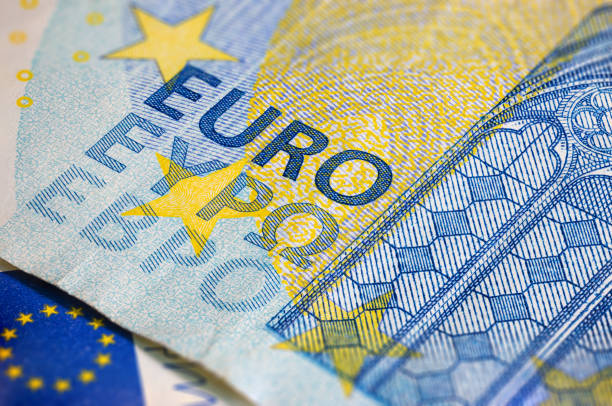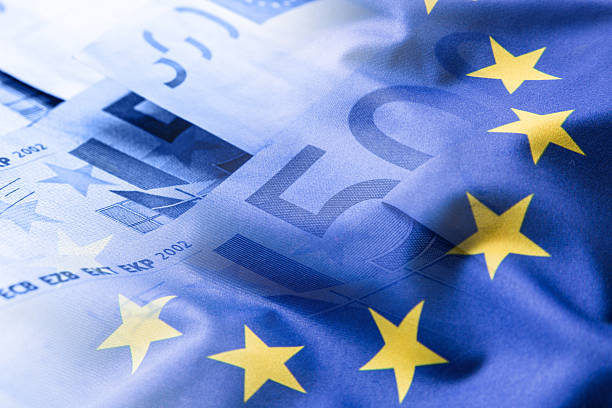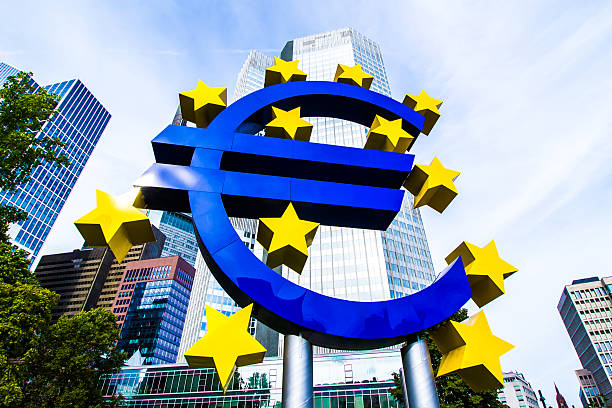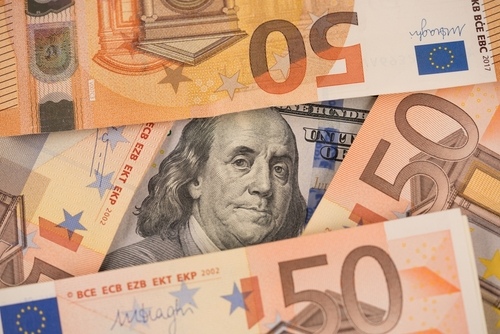[Reuters Analysis] Lagarde's euro 'battle cry' emphasizes EU cash need: Mike Dolan

By Mike Dolan
LONDON, May 28 (Reuters) - If the euro supplants the dollar as the world's main reserve currency, Europe might lose some currency competitiveness - but the related capital flows it's seeking more than compensate.
European Central Bank President Christine Lagarde weighed in on the debate about the euro's global reserve status on Tuesday by reiterating the ECB's long-standing aim to boost the currency's wider use and position it as the logical alternative to the dollar.
The euro has long been the clear second choice in reserve usage, both in the positive and negative sense. While its share of overall reserve coffers is still far behind the dollar's, the euro is way ahead of any other serious rivals to the greenback bar gold.
But what was eye-catching about the very vocal ECB support for wider euro usage was the timing and thrust.
Lagarde's statements come amid fresh doubts about the dollar's haven status, the U.S. economy's role in the world at large and America's fraying geopolitical alliances - as well as the Trump administration's perceived desire for a weaker, more competitive exchange rate.
And Lagarde's speech clearly framed U.S. difficulty as Europe's opportunity.
After noting that the dollar and U.S. financial markets had been effective global anchors for decades, she added that "when doubts emerge about the stability of the legal and institutional framework, the impact on currency use is undeniable."
"These doubts have materialised in the form of highly unusual cross-asset correlations since April 2 this year, with the U.S. dollar and U.S. Treasuries experiencing sell-offs even as equities fell," the ECB chief explained, referring to market ructions after U.S. President Donald Trump's 'reciprocal tariff' gambit last month.
"The EU has a legitimate reason to turn its commitment to predictable policymaking and the rule of law into a comparative advantage," Lagarde added, underscoring the need for political and internal capital market reforms in the EU that would enable the bloc to seize this opportunity.
Clearest of all was her plea for joint debt issuance to boost the scale of 'safe' euro assets, a move that is still controversial within Europe due to persistent German pushback.
"Economic logic tells us that public goods need to be jointly financed," she said, re-upping the ECB's preference for expanding the pool of jointly issued euro assets.
And she also pointedly underlined the attraction of Europe's military rearmament to official investors who "seek geopolitical assurance in another form: they invest in the assets of regions that are reliable security partners and can honour alliances with hard power."
WHATEVER IT TAKES
The frank speaking caught everyone's attention.
Rabobank strategist Jane Foley said the speech had a 'battle cry' element to it.
It's still anyone's guess what the outcome will be of the bilateral U.S.-EU trade talks come July's deadline and as a host of disagreements remain. Trump's jarring stop/start EU tariff announcements this past weekend make it difficult to sketch out a possible resolution, and many experts suspect Washington is intent on talking to individual countries to split the group.
The tone of the ECB's stance suggests it's bracing for the risk of harsher standoffs ahead.
What's more, Lagarde's statement comes as the euro's nominal broad exchange rate has soared to record highs, up almost 20% over the past decade.
While that won't please many exporters in the bloc, it does suggest that the ECB - unlike the U.S. administration - is comfortable with its currency's structural strength and thus may be willing to ease policy accordingly. And that will help with the additional debt financing needed of Europe's ambitious new projects - most notably in defense, green energy and tech.
On that financing need, central and private sector bankers tend to agree with former ECB chief Mario Draghi about the scale of what is needed, as outlined in his recommendations last summer.
For example, BNP Paribas economist Laurent Quignon wrote on Tuesday about the total sums needed, as he made a pitch on what Europe can do this year to boost financing via changes to regulation, securitization and the banking union.
Adding Draghi's call for annual energy and tech investments of up to 800 billion euros to an almost 200 billion euros of new defense spending and on top of ongoing commitments, he calculated an additional annual EU financing requirement of 1.5 trillion euros through 2028 and 1.4 trillion from then to 2030.
That would be more than double the flows observed in the decade through 2024 - and about the same as the total amount of European money that has flowed into the U.S. equity market since 2012.
Whatever the implications for exchange rate competitiveness, Europe now has a big bill to pay. Some 'exorbitant privilege' would help.
The opinions expressed here are those of the author, a columnist for Reuters
Broad Euro exchange rate indexes hitting records
The euro has strengthened against the US dollar this year
Chart from Draghi Report on productive investment in EU vs US
Dollar vs euro share of world FX reserves







